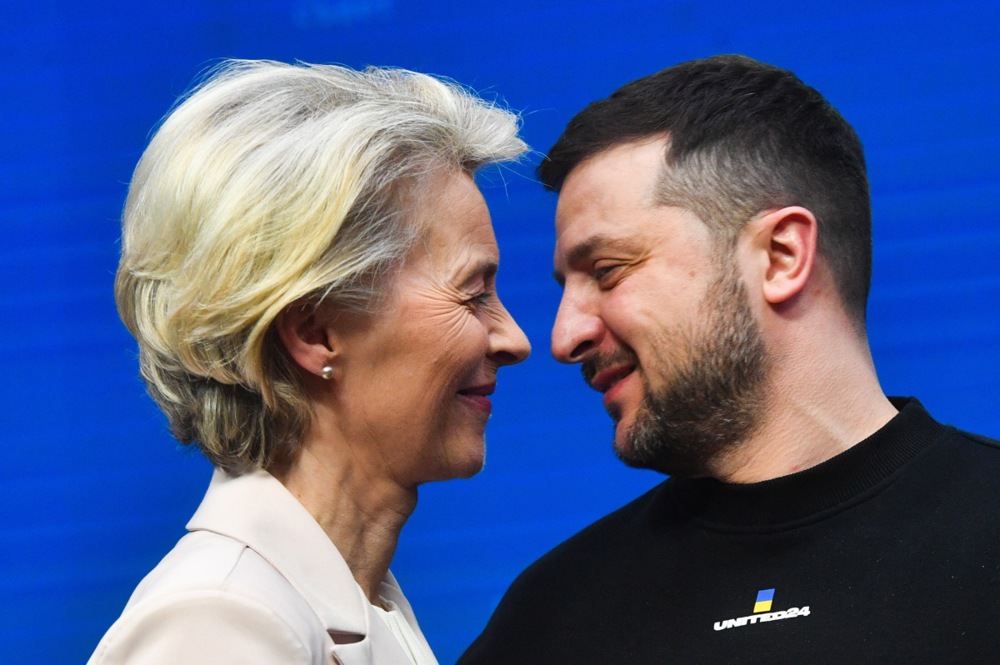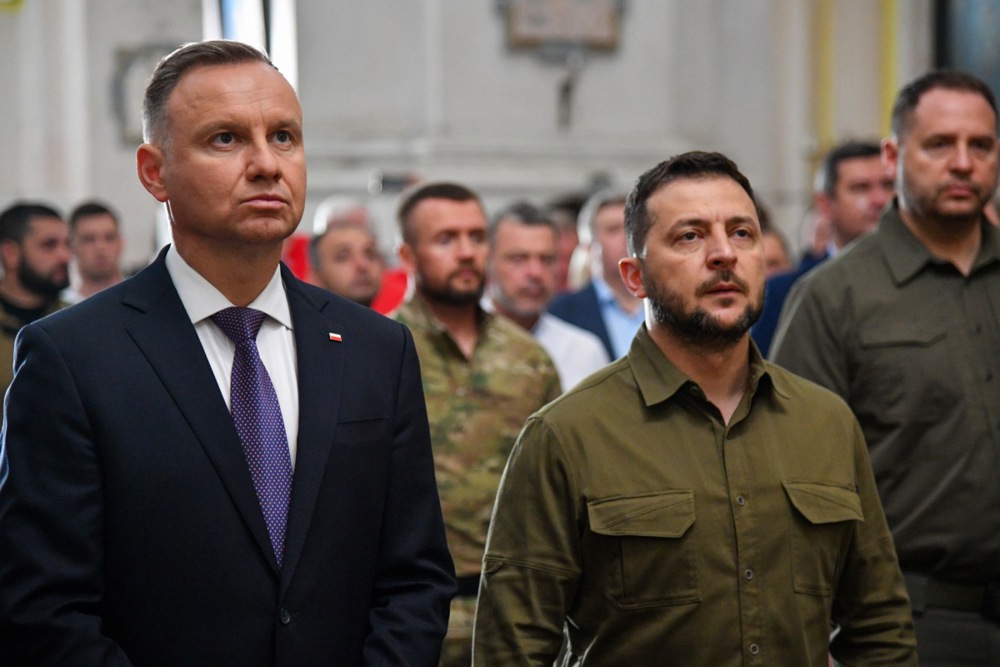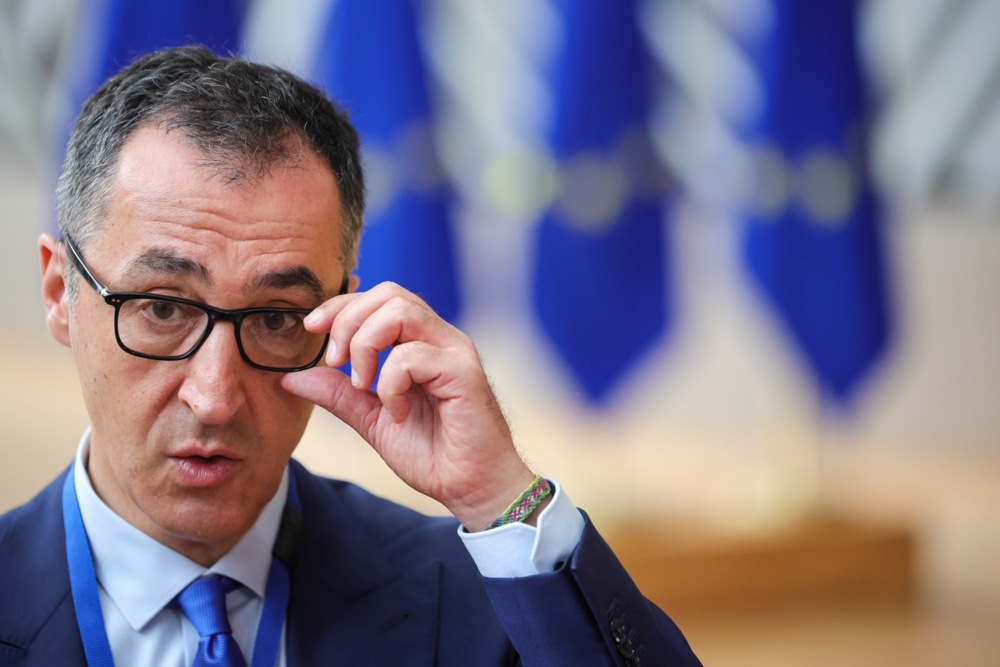Polish economic development minister Waldemar Buda said a decree for Poland to unilaterally extend the grain embargo on Ukraine beyond the European Commission’s September 15 cut-off point was ready and waiting to be signed.
Interviewed by Polish public radio on September 11, Buda said he would not hesitate to issue an order to block Ukrainian grain imports if the EC refused to extend the embargo it had allowed five European Union Member States neighbouring Ukraine to implement.
He said he feared the EC was likely to end the embargo but that the Polish Government could “not allow for the import of Ukrainian grain at a time when Polish farmers had just completed their harvest and needed to sell their produce”.
Agriculture minister Robert Telus also told public radio that the government still hoped the EC would extend the embargo but that Poland would act in the interests of its farmers if it did not.
He added that, at its September 12 meeting, Poland’s government would adopt a resolution that will automatically extend the ban on Ukrainian grain beyond September 15.
Telus stressed that transit of Ukrainian grain on to other EU states or to African nations and the Middle East would continue uninterrupted and would receive support and encouragement from Poland.
He said the so-called “solidarity corridors” declared by the EC would remain open so that grain could flow to places that need it if those nations do not have the capacity to produce sufficient grain themselves.
Polish Prime Minister Mateusz Morawiecki said in a recorded message published on X (formerly Twitter) on September 12 that Poland had “opened its hearts to Ukraine” when the war started but it now had to protect its own farmers and could not allow the country to be “flooded with Ukrainian grain”.
The Polish president’s adviser and former agriculture minister Jan Krzysztof Ardanowski told Brussels Signal recently that it was “inconceivable that we should return to what happened last year when a massive influx of Ukrainian grain destabilised our market”.
He added that unlimited agricultural imports from Ukraine would mean “many small farms in the EU will collapse”.
The grain embargo on Ukrainian products containing wheat, corn, rapeseed and sunflower imposed by Poland, Bulgaria, Hungary, Romania and Slovakia was agreed by the EC at the start of May. It initially set to last until June but was extended by the EC until September 15 at the request of the five states at risk of having their markets impacted by an import glut.
Agriculture ministers from the five neighbouring states reaffirmed their support for the EC embargo during a recent informal summit of EU Member States’ agriculture ministers in Cordoba, Spain.
As yet, only Hungary has said it will follow Poland’s example and defy the EC should the embargo be lifted.
The Ukrainian Government has been lobbying Brussels for the ban to be lifted and has threatened to file a complaint with the World Trade Organisation if Poland introduced a unilateral ban, or if the EU embargo continued beyond the stated cut-off date.
Farmers make up an important proportion of support for Poland’s ruling conservatives (PiS), which is seeking an unprecedented third consecutive term in office at the general elections on October 15. The party is keen to avoid any protests by discontented farmers such as those that took place in the spring and over which the embargo was introduced.
The opposition block led by Donald Tusk has gone on record saying it wants Poland’s farmers protected and has joined efforts in trying to persuade the EC to extend the embargo.
As part of that, Tusk and his new political recruit, the militant farmers’ leader Michał Kołodziejczak, is visiting Brussels for talks with EC officials on September 12.





